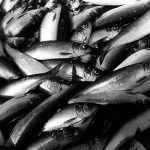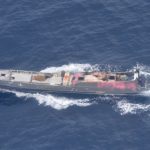It is fact that Namibia will probably lose its trade preferences by 2010 because it has neglected to sign an Economic Partnership Agreement (EPA) with the European Union (EU). This would create hurdle for Namibia to being exporting its fish to South Africa instead of the EU as, without the signing of a deal, export duties Namibia will have to pay will rocket.
South African Deep Sea Trawling Industry Association Secretary Roy Bross believes that if its neighbouring country switches to the South African market for fish exports, there would be injurious consequences for the local industry. The fishing industry in South Africa has employed nearly 10,000 individuals.
According to the Cotonou Agreement, a trade pact between Namibia and the EU, previously allowed Namibia to export fish to the union duty-free. However, the new scenario will change this, however, and duties may rise by as high as 20 percent.
Bross informed that Namibia would have to bear the increased duty, but substantial volumes of Namibian product could head this way, and this will have a real and very negative impact on our industry. The European Commission (EC), South Africa and Namibia are still in the process of negotiating the EPA.
South Africa and Namibia refrained from signing the deals in June claiming that the EU had failed to suitably consider and tackle their trepidations; Botswana, Lesotho and Swaziland signed the deals. It is possible, according to South African and Namibian officials, that the preferences will have to remain in place if no third country poses a challenge in the WTO.








